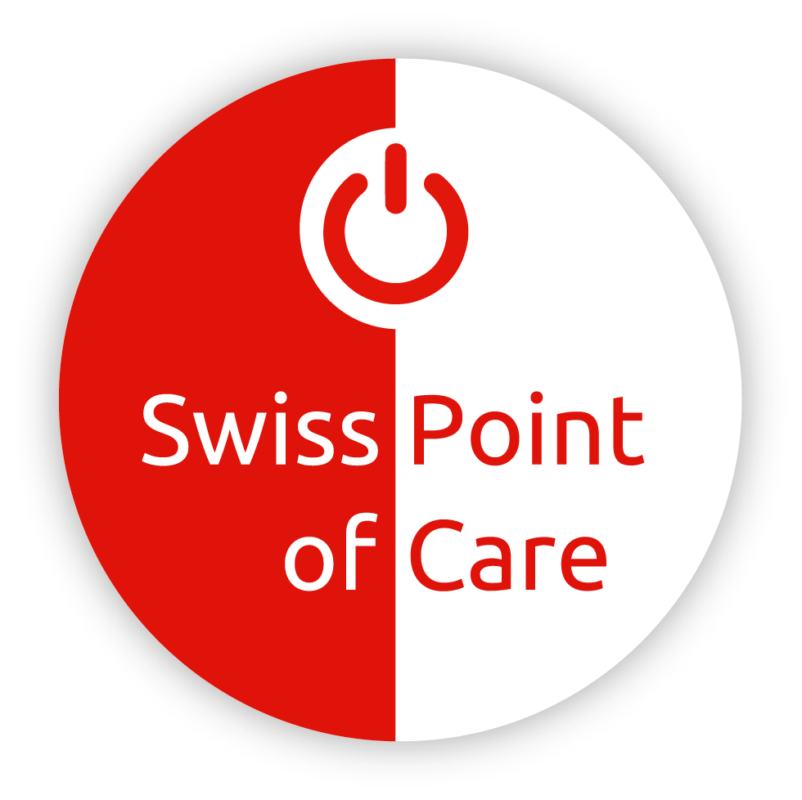Uncategorized
Signaling of cardiovascular diseases
Often a heart or vascular disease strikes unexpectedly. Often the damage to the brain or heart is irreparable. That is why it is very important to know which signals belong to a cardiovascular disease.
The warning signs for cardiovascular disease are very clear. A clear signal is usually persistent chest pain and this is therefore often taken seriously. But there are still complaints they may indicate a heart or vascular disease, but these are not always common recognized.
Stroke
The three Signals that are most common in stroke are:
- Lame arm: There arise sudden paralysis or loss of strength in an arm.
- Crooked mouth: One corner of the mouth suddenly hangs down.
- Confused speech: It is difficult for someone to pronounce the words or suddenly for someone to speak confused.
In addition to the top three signals, there are more signals that may indicate a stroke. The signals can be:
- Sudden double vision or suddenly being blind in one of the eyes or just one half of the field of vision see.
- Paralysis or loss of strength of a leg.
- Suddenly very serious headache without cause (This only occurs with a brain haemorrhage)
- Suddenly being dizzy or problems with balance.
Palpitations
It sometimes happens to everyone that his or her heart beats faster than normal. For example during stress or during exercise. Having heart palpitations is common. They are often innocent, but people we can be scared. Palpitations feel different for everyone. The heart can be beating irregularly or quickly or it is really pounding. Palpitations to feel in the heart, throat or neck. Palpitations can be unpleasant feeling, but sometimes the heart beats irregularly or quickly without you it notices. If you notice that your heart sometimes skips a beat, you call this heart beats.
Palpitations are usually a reaction that arises based on certain incentives. They can arise from:
- Stress
- Sports
- Hormones (bij women around the menopause)
- A heavy meal
- Alcohol and drug use
- Stay in the mountains
- To smoke
- Products with caffeine
Heartbeat
It sometimes happens that a heartbeat falls too early and therefore the battle afterwards falls a little later. This then makes it feel like it heart skipping. Many people suffer from this. It is often innocent, though you can be shocked. Some people don’t feel it at all, others well.
In general, heart beats are common usually there is nothing bad. Sometimes people with a heart rhythm disorder or others heart disease suffer from heartbeats. They can also occur after someone have had a heart attack. They often have no clear cause. There are factors that can provoke skipping, such as:
- Hormones (around the menopause for example)
- Coffee or cola
- Strong emotion
- Fatigue or stress
- Alcohol and drugs
- To smoke
- Use of certain medicines
Chestpain
People quickly think that with chest pain there is something is wrong with their heart. An oppressive and oppressive feeling or chest pain may be due to narrowing of blood vessels in the heart. This is going to be angina called pectoris. The pain then radiates to the jaw, neck, shoulder or arm.
The pain can radiate to the neck, jaw, arm or shoulder and mainly occurs on:
- With stress or emotions
- After a heavy meal
- With physical exertion
- When transitioning from a warm room to the cold.
At rest the pain disappears. If it does not disappear, contact the doctor.
Heart attack signals
The ie occurring with a heart attack resembles the pain that you feel with angina, but is worse and lasts longer. An oppressive one or pressing pain in the middle of the chest is the most common complaint with one heart attack. The pain can radiate to the neck, jaw, back, and upper arms stomach area. You feel bad and the pain can go together with nausea, vomiting or sweating.
Note: Call an ambulance immediately if the pain at rest lasts longer than 5 minutes!
Source


 Nederlands
Nederlands Deutsch
Deutsch Français
Français Italiano
Italiano Español
Español